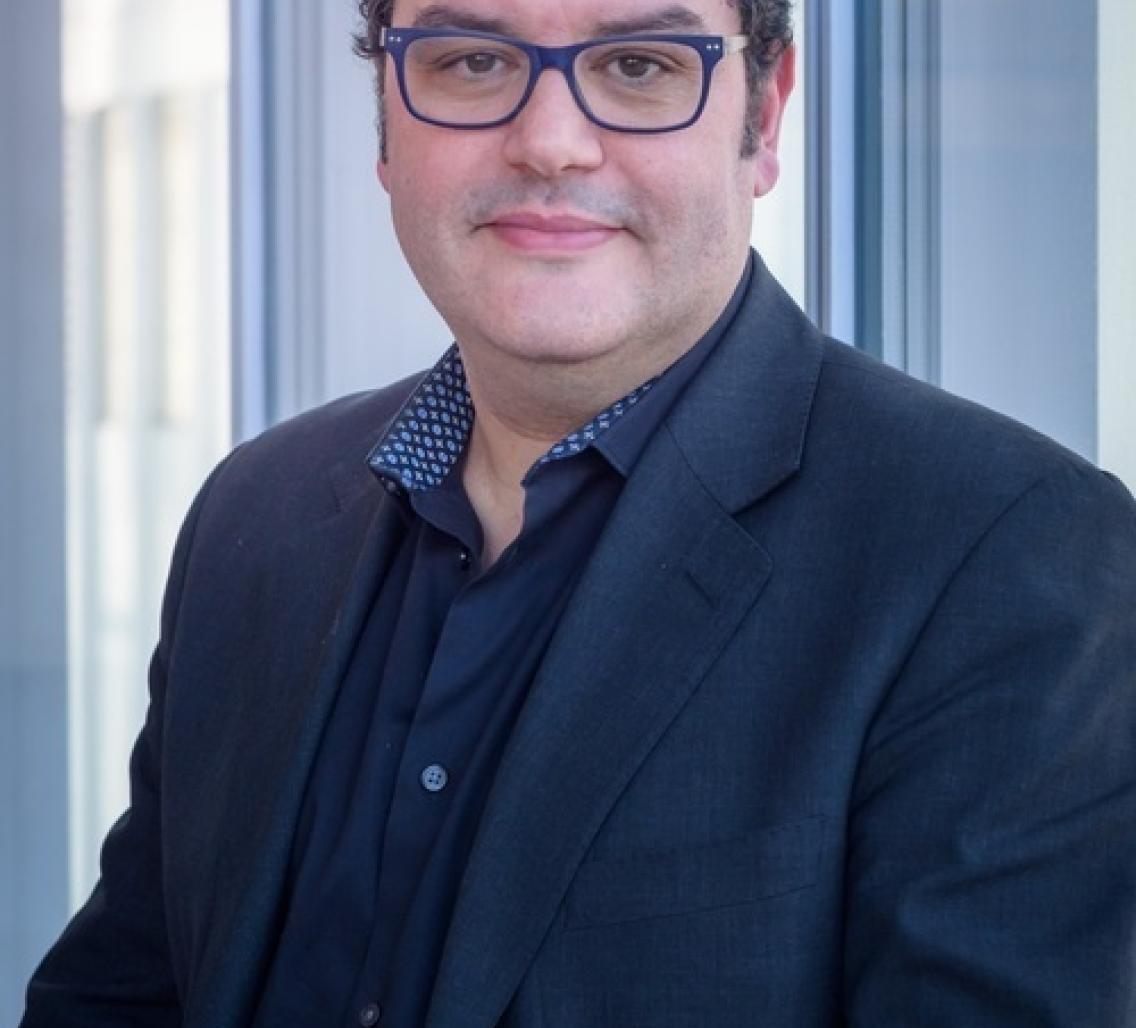Event Details:

Join us at Gunn Rotunda in the Stanford Neurosciences Building to learn about the latest cutting-edge, cross-disciplinary brain research, from biochemistry to behavior and beyond
Wu Tsai Neuro's weekly seminar series is back to being held in-person since Fall 2022. Masking is strongly encouraged for the health and safety of our community Join the speaker for coffee, cookies, and conversation after the talk
Discovering, reinforcing and refining actions
Abstract
The ability of animals to build individual repertoires based on the consequences of their actions is fascinating, and essential for survival. Understanding this process, i.e. how actions are learned through trial and feedback, requires mechanistic insight into how self-paced actions are initiated, how they can be selected/initiated again, and how feedback can refine their execution and organization. We use behavioral, genetic, electrophysiological, and optical approaches to gain this mechanistic insight. The combination of these approaches allowed us to uncover that dopaminergic neurons are transiently active before self-paced movement initiation. This activity is not action-specific and modulates both the probability of initiation and the vigor of future movements, but does not affect ongoing movement. Dopamine is supposed to have opposite effects on downstream striatal direct and indirect pathways. Contrary to what is classically postulated, we found that both striatal direct and indirect pathways are active during movement initiation. The activity in both pathways is action-specific and has complementary but different roles in movement, which are enabled by specific basal ganglia output circuits. Input from cortex seems to be critical to organize striatal activity, and cortico-striatal plasticity is necessary to select, reinforce and refine the specific neural and behavioral patterns that lead to desirable outcomes. These data invite new models on the mechanisms underlying self-paced movement initiation, and motor dysfunction in Parkinson’s disease. They also suggest that cortico-basal ganglia circuits play a generic role in learning to reinforce and refine task-relevant neural activity and behavioral patterns.
Rui M. Costa
Columbia's Zuckerman Institute
Rui Costa is a neuroscientist and the current President and CEO of the Allen Institute His laboratory develops and uses genetic, electrophysiological, optical, and behavioral approaches to investigate how the brain adaptively controls behavior and internal organ function. He did his Ph.D. studies with Dr. Alcino Silva at UCLA and postdoctoral work with Dr. Miguel Nicolelis at Duke University. He then become Section Chief at the National Institutes of Health, an Investigator of the Champalimaud Neuroscience Program, and a Professor at Columbia University. He was co-Director of Champalimaud Research and Director/CEO of the Zuckerman Mind Brain Behavior Institute at Columbia University. He received several awards, such as the Young Investigator Award from SFN, the Ariëns Kappers Medal from the Royal Netherlands Academy of Arts and Sciences, and the Mina Bissell Award, and was knighted Commander of the Order of Sant'Iago da Espada by the President of Portugal. He is an elected member of EMBO, and the National Academy of Medicine.
Hosted by - Dr. Nirao Shah
About the Wu Tsai Neuro Seminar Series
The Wu Tsai Neurosciences Institute seminar series brings together the Stanford neuroscience community to discuss cutting-edge, cross-disciplinary brain research, from biochemistry to behavior and beyond.
Topics include new discoveries in fundamental neurobiology; advances in human and translational neuroscience; insights from computational and theoretical neuroscience; and the development of novel research technologies and neuro-engineering breakthroughs.
Unless otherwise noted, seminars are held Thursdays at 12:00 noon PT.